The United Nations Children’s Fund (UNICEF) has revealed that only 9.6 percent of primary school students in Kano demonstrate reading proficiency, while just 11.2 percent possess basic numeracy skills.
UNICEF’s Chief of the Kano Field Office, Mr. Rahama Mohammed, shared these figures during a news conference held on Friday in Kano to commemorate the 2025 International Day for Education.
Highlighting this year’s theme, “AI and Education: Preserving Human Agency in a World of Automation,” Mohammed described it as highly relevant and emphasized the need for greater investment in education.
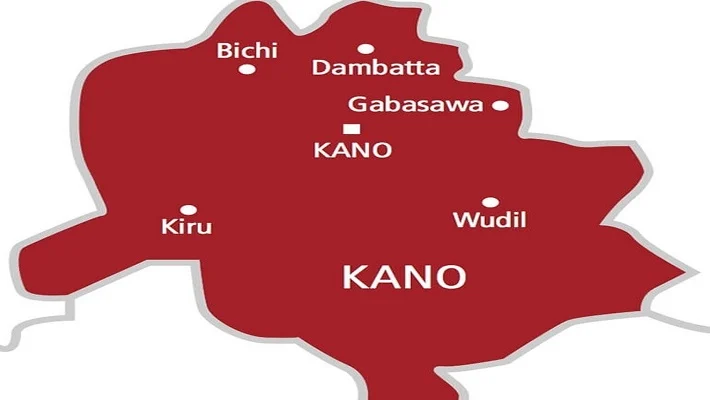
He noted that Kano is facing a severe education crisis, with nearly one million children out of school according to data from the 2021 Multiple Indicator Cluster Survey (MICS).
The survey showed that 989,234 primary school-age children—approximately 32 percent of the population—are not currently enrolled in formal education in the state.
To address these challenges, Mohammed explained that UNICEF has been actively supporting educational reforms in the state, including efforts to integrate Quranic schools into the formal education system.
“As part of the initiative, UNICEF has helped develop an integrated curriculum and provided training to over 290 Mallams and proprietors of Quranic schools across Kano and Jigawa states.
READ ALSO: Kano, Jigawa, Katsina Top as Over 10 Million Children Remain Out of School in Nigeria – UNICEF
“These efforts aim to ensure children attending these schools receive basic education alongside their religious studies.
“Additionally, efforts to improve school infrastructure are ongoing, with a focus on climate change resilience and the construction of Water, Sanitation, and Hygiene (WASH) facilities,” he explained.
Mohammed highlighted that UNICEF’s intervention positively impacted 39,432 children—19,810 boys and 19,622 girls—through the construction and rehabilitation of WASH facilities in 33 schools across Kano and Jigawa states.
He emphasized that these enhanced facilities have played a crucial role in improving students’ well-being and encouraging their continued attendance at school.
Additionally, the Chief of the Kano Field Office pointed out that UNICEF has undertaken various initiatives aimed at enhancing the quality of education in Kano State.
“These include enhancing the skills of 1,109 teachers through professional development programs, covering areas such as Reading and Numeracy Activities (RANA), Early Childhood Development, and HASKE for non-formal Quranic schools.
“Additionally, UNICEF has supplied 630,249 teaching and learning materials to schools, supporting Early Childhood Education and primary education across the state,”he said.
He expressed UNICEF’s appreciation to its partner, the European Union, for its collaboration on the Education and Youth Empowerment (EYE) Programme in Kano, Jigawa, and Sokoto states.
The organization also acknowledged the support of the Foreign, Commonwealth and Development Office for its partnership on the CRIBS project in Kano and Jigawa states.
UNICEF reiterated its commitment to supporting state governments’ initiatives aimed at improving the education sector and emphasized its continued collaboration with the governments of Kano, Katsina, and Jigawa states to achieve better basic education outcomes.
(NAN)
Follow the Parallel Facts channel on WhatsApp: https://whatsapp.com/channel/0029VaCQSAoHgZWiDjR3Kn2E





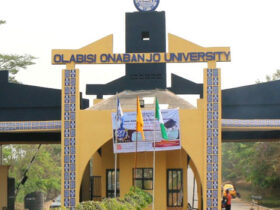
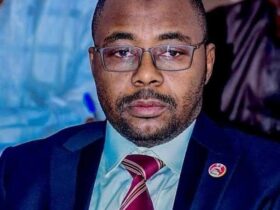
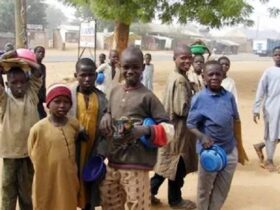
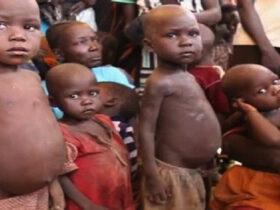
Leave a Reply